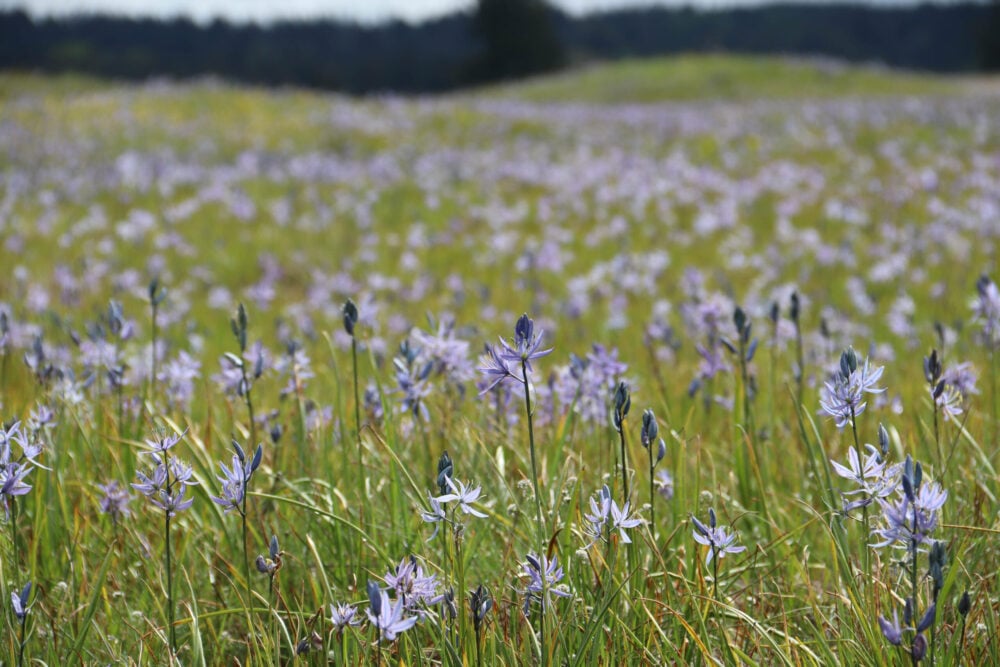
Contributor
- Topics: Archive
Evidence from research done in Georgia demonstrates the North American native clearweed (Pilea pumila) gains a degree of resistance over time to the allelopathic warfare of Eurasian invasive garlic mustard (Alliaria petiolata). The chemical weapon used by garlic mustard, sinigrin, is relatively novel in North America, giving the mustard a competitive advantage over native plants. Sinigrin is directly detrimental to the growth of plants, and perhaps also to the beneficial soil fungi that plants depend upon. In the presence of a greater density of native plants, garlic mustard pumps out a greater quantity of sinigrin. Clearweed growing in the presence of aggressively toxic garlic mustard appears to develop resistance to sinigrin. Unexpectedly, its resistance to sinigrin makes clearweed less fit in the absence of garlic mustard, as determined by transplant experiments. Results of the experiments give hope to the idea that invading allelopathic species can over time, be integrated into native communities without causing great damage. Humans might also play a part. Typically, when invasives are removed and replanted with natives, the natives often fail. If the natives used for replacement come from an area already challenged by the invasive species, greater success might be expected.
PNAS 2012 109 (28) 11240-11245
Share:
Social Media
Garden Futurist Podcast
Most Popular
Videos
Topics
Related Posts
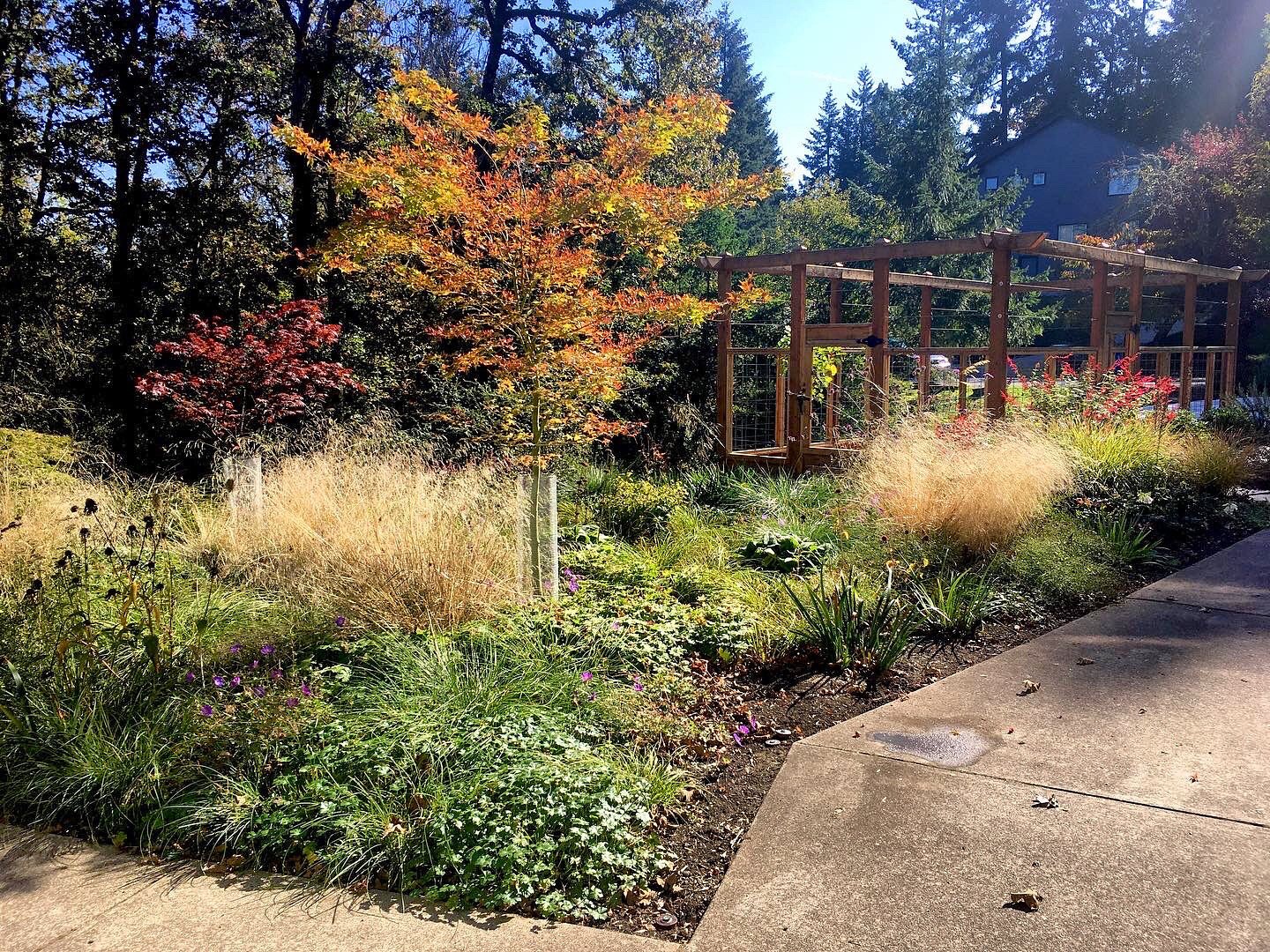
Low Maintenance Gardens – Better for Pollinators and People
Autumn 2022 “I come out every day. It’s therapy, my meditation.” Janet’s young garden transformed from overgrown, invasive plants to mostly natives. The dailiness of
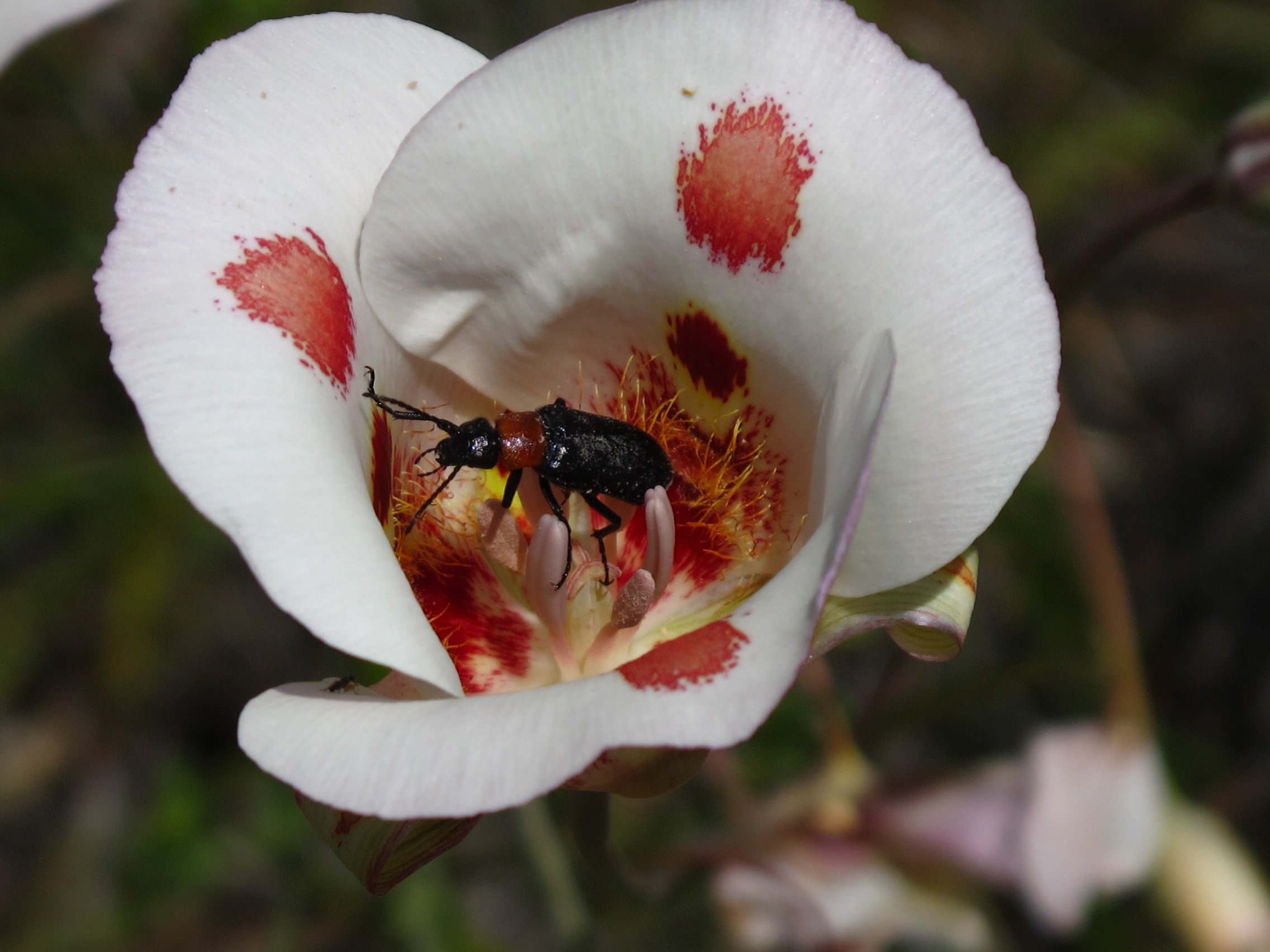
Calochortophilia: A Californian’s Love Affair with a Genus
Summer 2022 I can chart the progression of my life by Calochortus. For the last two decades, at least. As a teenage girl growing up
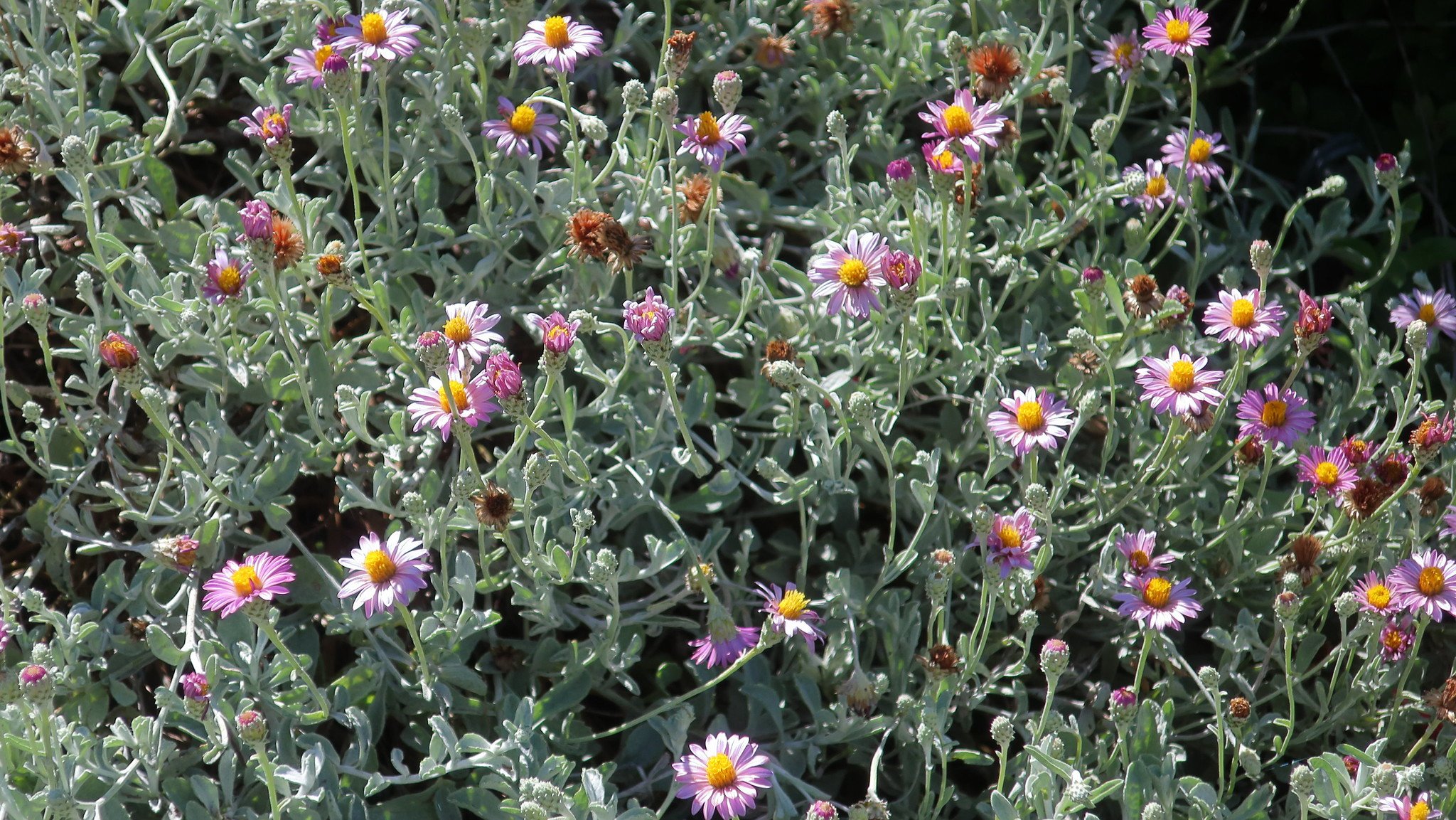
Pacific Plant People: Carol Bornstein
Spring 2022 Public gardens play a key role in demonstrating naturalistic planting design, selecting native and adapted plants for habitat, and testing techniques for reducing
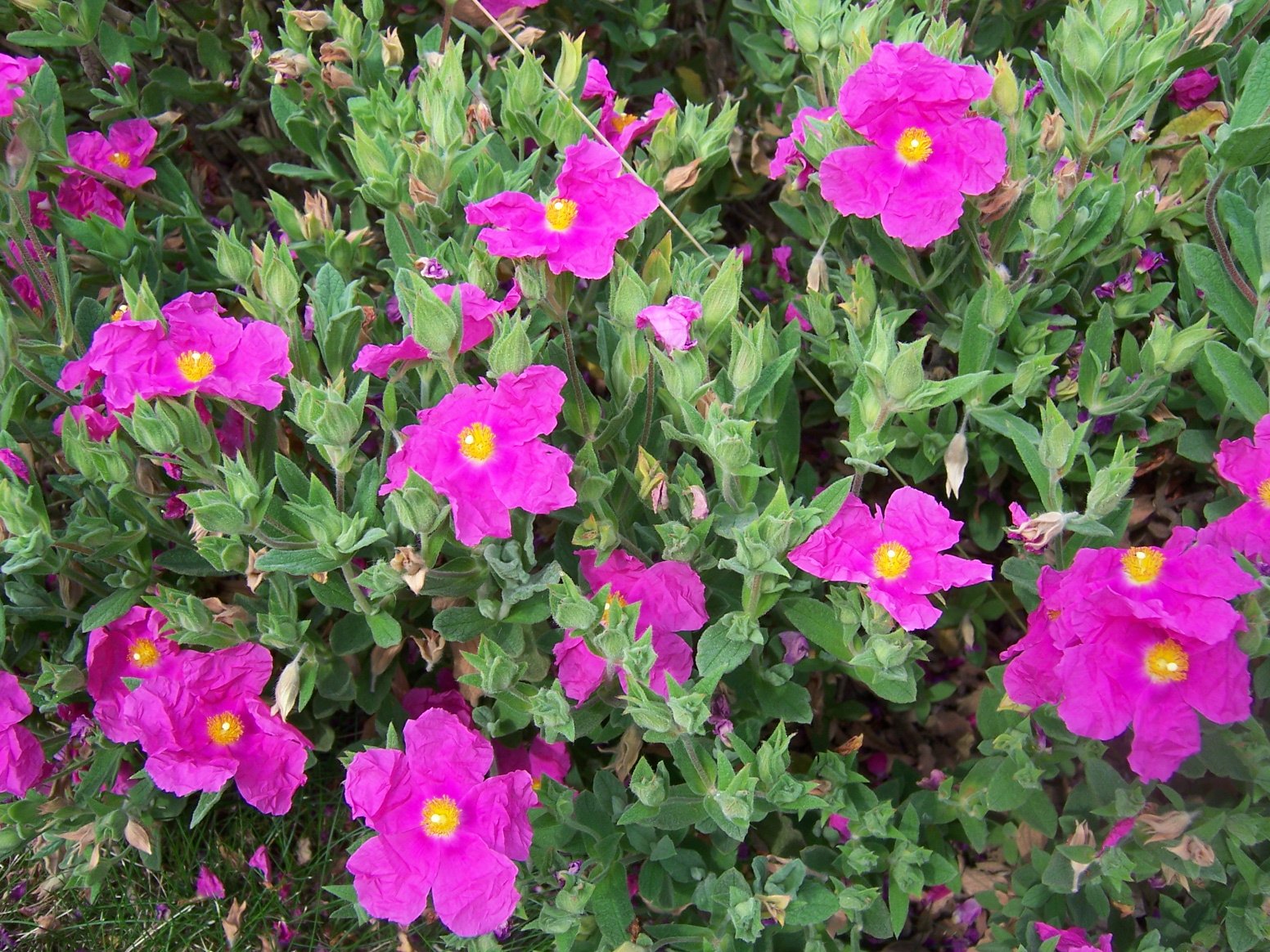
Add Year-Round Interest and Winter Blooms for Pollinators
Spring 2022 This article was created from an Interview by Merrill Jensen with Neil Bell in the Summer of 2021 for our Pacific Plant People




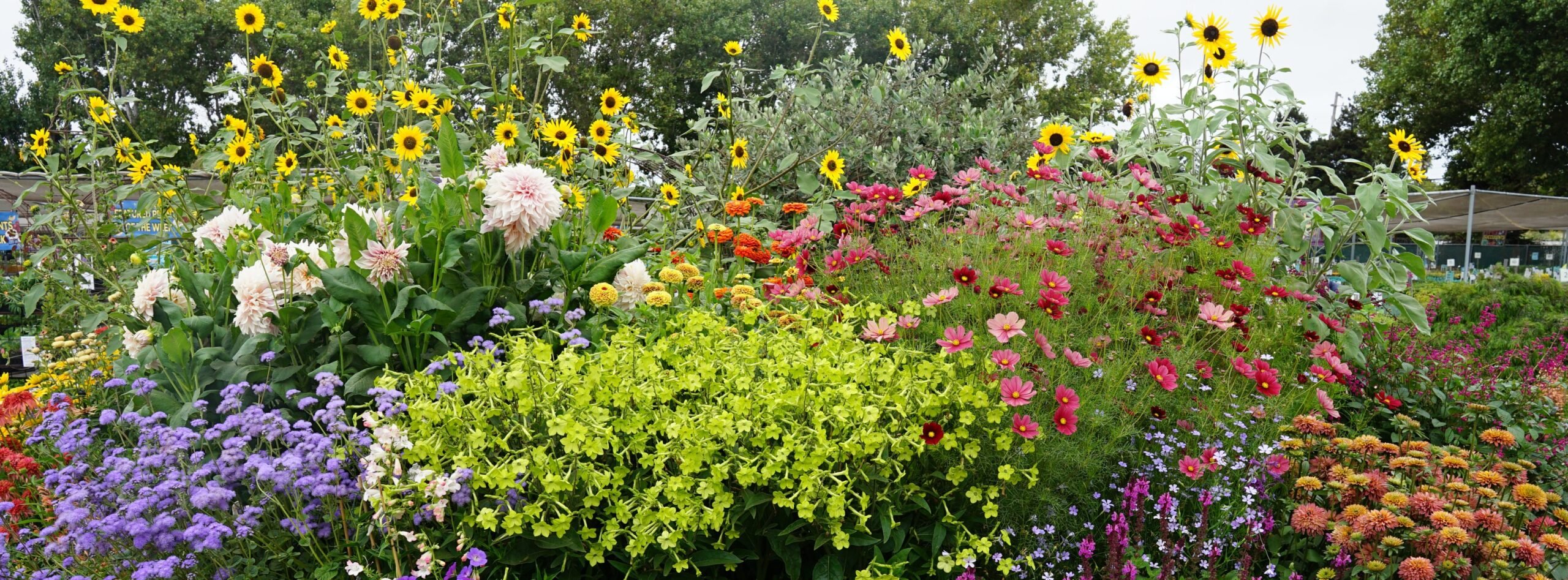




Responses